Coach Accreditation: Overcome the Seemingly Impossible
Share this article:

My first efforts at coaching go back 15 years when I was approached by someone to coach them. At the time, I had been mentoring people for a while, but wasn’t a coach. I pointed that out to her – she was really persuasive that she wanted to be coached by me. She pointed out that she liked the unusual way I thought about things (I think that was a compliment!)
This was the beginning of my journey as a coach, from sitting with someone and asking helpful questions to get them to a place where they had a plan to go forward. Onward, through a lot of study and practice, testing out techniques and trying out new ideas, my range of approaches and tools evolved.
I suspect I am not alone in having built my expertise through practise, high quality supervision and a strong reflective approach. But I was always aware that, without a formal accredited course under my belt, I would from time to time be restricted in what I could do. Last year, I signed up for the EMCC accreditation process, which is a submission process based on a competency framework.
Because of where I was at, I felt that doing a submission that captured my competency based on examples was always going to be the preferred approach. But getting started on it, and getting it done was a challenge due to the busy nature of my life. In early April, my coaching supervisor, Roger, emailed me to check whether I had seen that EMCC were doing a 5-day Challenge at the end of that month to fast-track and support people through their accreditation process. If you are a coach, you will be aware that all of the major coaching bodies in the world are collaborating on a unified accreditation process. It’s really good – especially its focus on ethical practice through the shared Code of Ethics.
So, after a quick look at the information about this challenge I signed up. At the time, I was recovering from suspected COVID-19 but felt confident that I would be able to do what was required. The commitment was to attend 5 early evening online zoom calls. I dropped them in the diary. I had every good intention of getting some work done on the dreaded “form” which needed to be submitted in the week before the challenge. As you’d expect – stuff happened, and I didn’t get there. The recovery from COVID was not as straightforward as I had hoped, with several dips and new symptoms as the weeks went by. However, I had signed up for the week, so I honoured the commitment and turned up for the online session early each weekday. The feel was good for the first day as approximately 150 of us joined a zoom call for a short introduction by Denise Whitworth, Vice-President of Accreditation for EMCC Global. We were then split into breakout rooms with a facilitator. Our facilitator was Chandana Sanyal. Both Denise and Chandana worked really hard to create a shared learning experience, a journey that we were all on together – not competing, but supporting each other. This was really important, as I don’t think was alone in going through all sorts of feelings of imposter syndrome and questioning myself about the level I was pitching at. There are four levels of accreditation: foundation; practitioner; senior practitioner and master practitioner. I was pitching myself at either Senior Practitioner or Master Practitioner. Through the week I frequently questioned whether my ambitious nature was over-reaching.
By the end of the week I had completed about a fifth of the ubiquitous form, and felt like the process was properly underway. Some participants had got to the finishing line and were celebrating their accreditation. We were all encouraged to bring along a glass of something. So, I found myself online with 150 people raising a glass at 7.30 pm on a Friday evening to celebrate those that had got there, support those who were still on the journey, and make my own commitment to complete the journey as soon as possible.
The next few weeks were an interesting challenge, as I worked through the rest of the submission. It was over 16,000 words long by the time I had finished. But the whole process was a really affirming experience. Pulling together coaching hours, continuing professional development, supervision, case studies and evidence of my contribution to the profession – really helped to overcome so much of the imposter feelings. By the end, I had a document which summarised what I felt was a convincing case. As the end of May approached I submitted my form to Chandana for consideration.
The result was the awarding of Master Practitioner Coach status by the EMCC. I have no doubt that it was the 5-Day Challenge that got me to that point. The support of those who led the week (Denise, Chandana, and also Nicola Brown and Sarah Lester) was amazing. It was great to feel part of a community of coaches working towards this goal.
This approach to accreditation turned a difficult job of completing a form into a truly reflective process where I learnt so much from completing the accreditation itself. Do get in touch if you would like to know more. I would also be very happy to support anyone else who wants to go through this process. End result – the experience and skills I have built up over 15 years have now been given external validity. Oh, and a certificate too!
